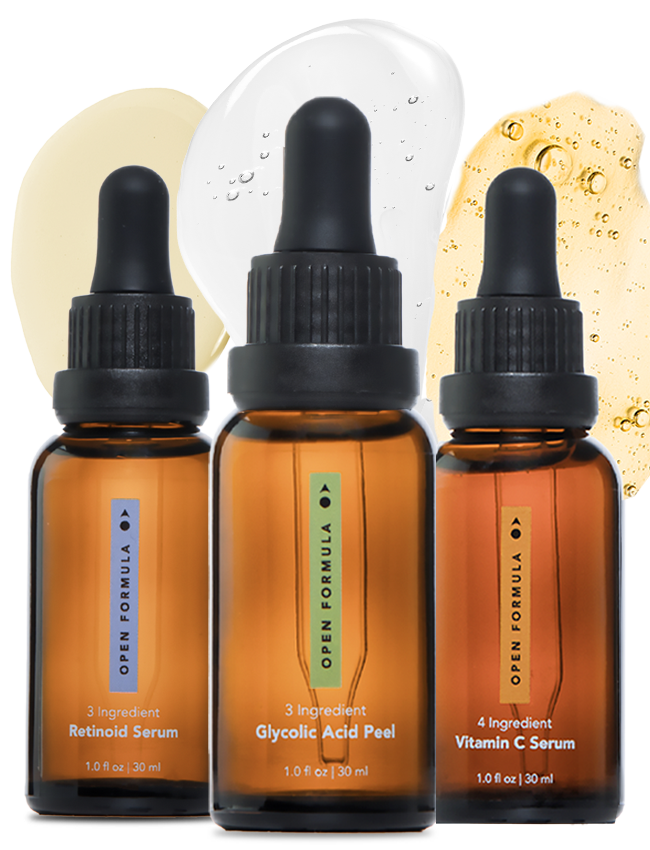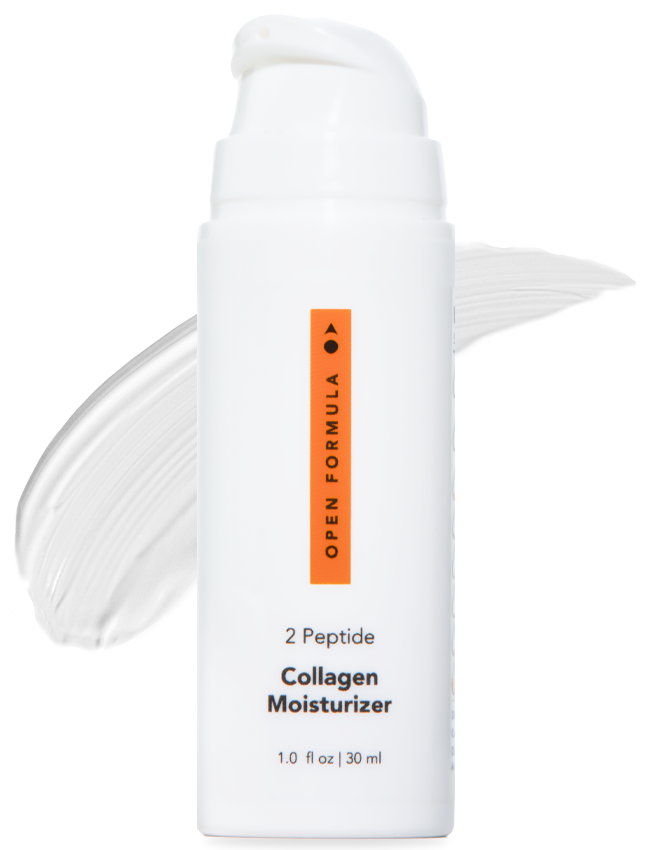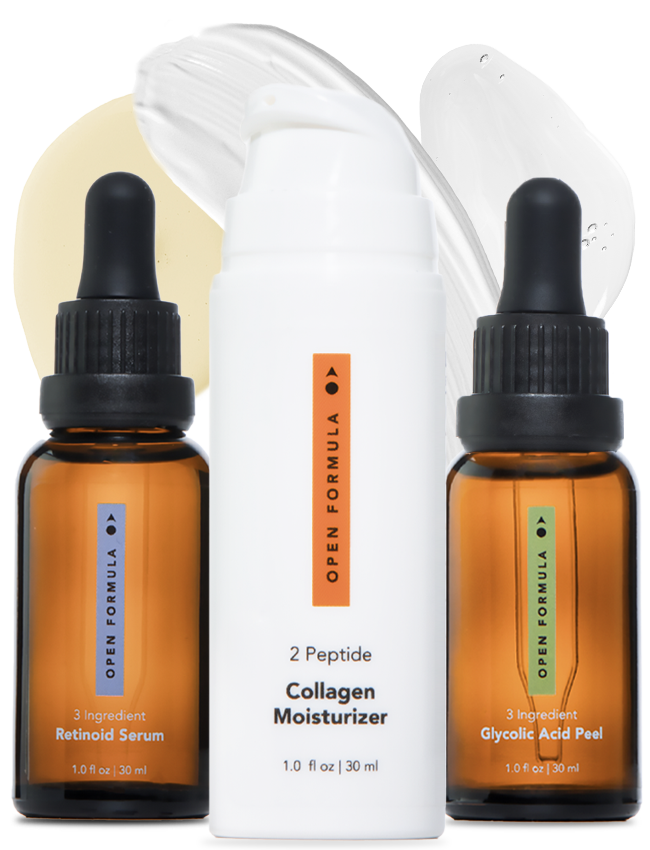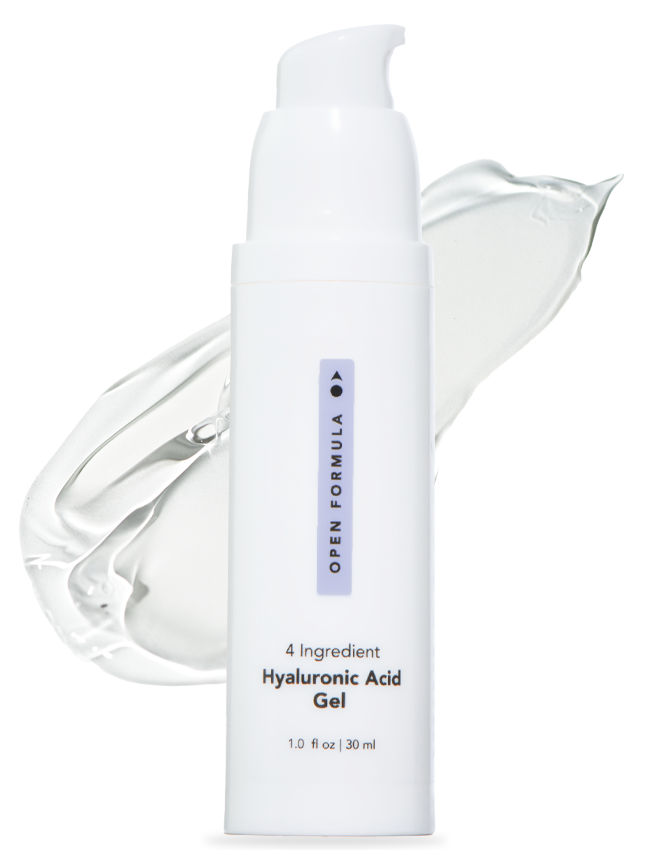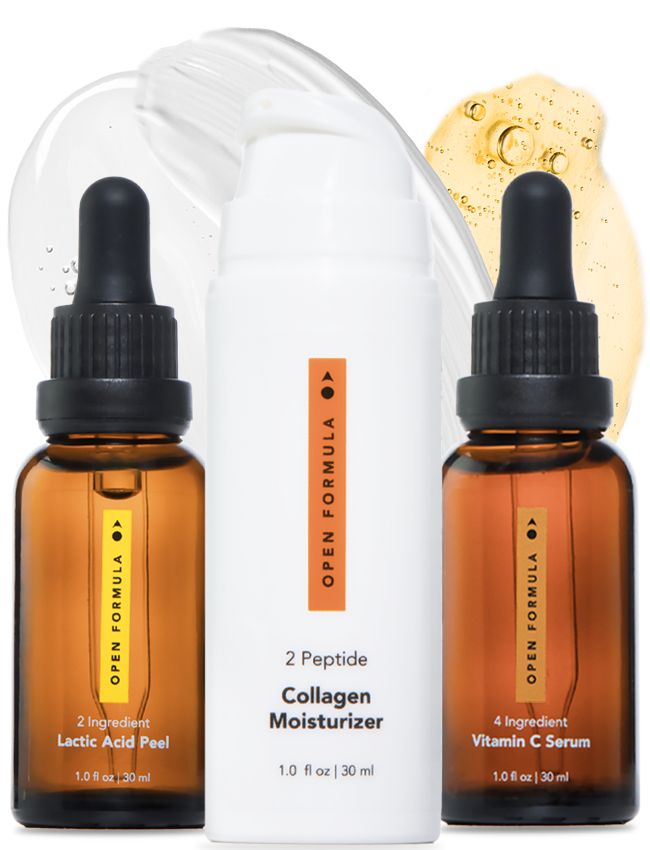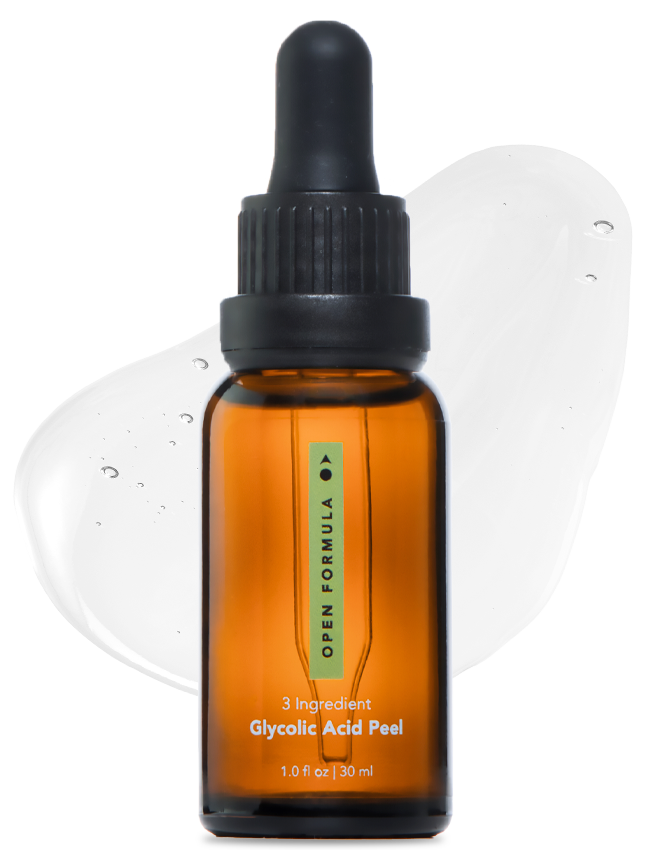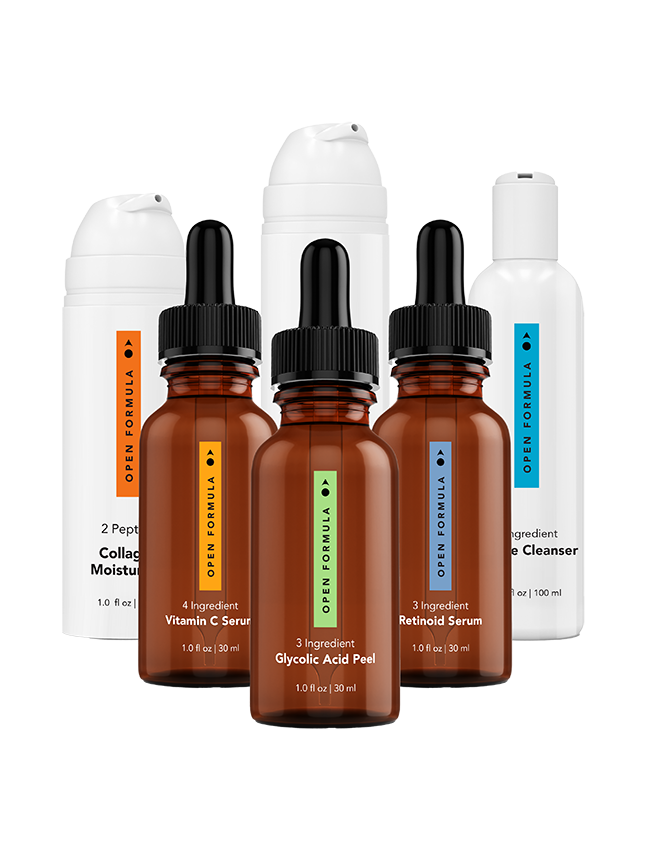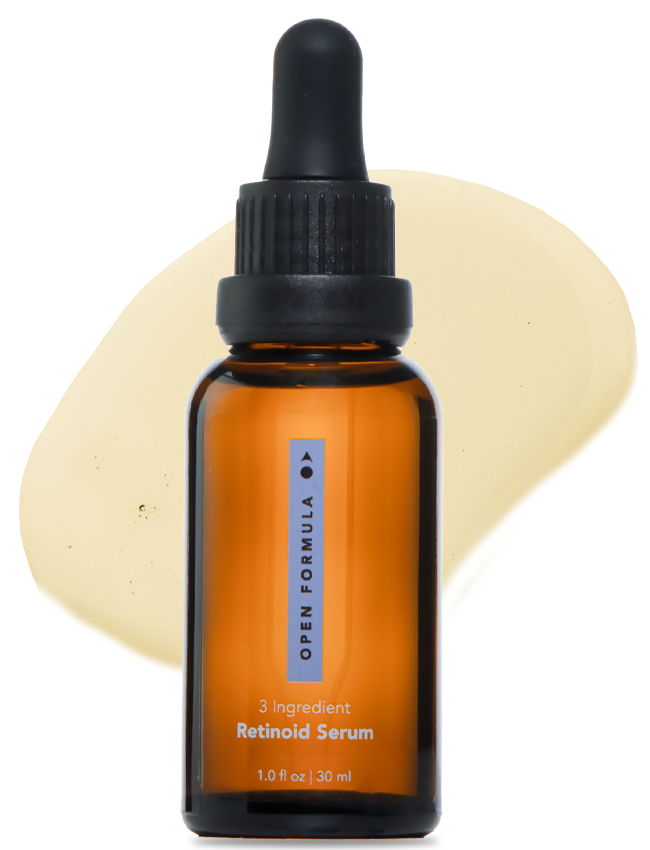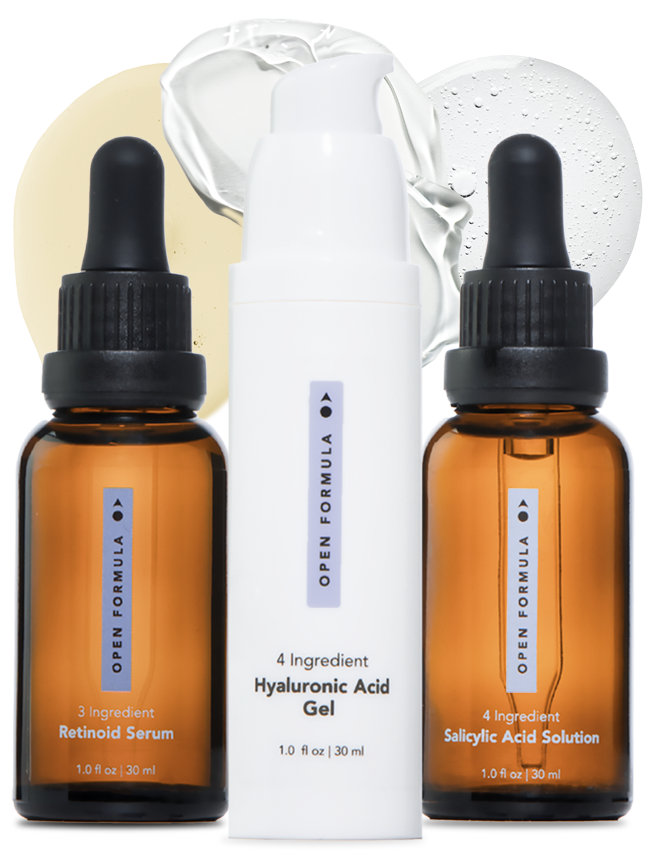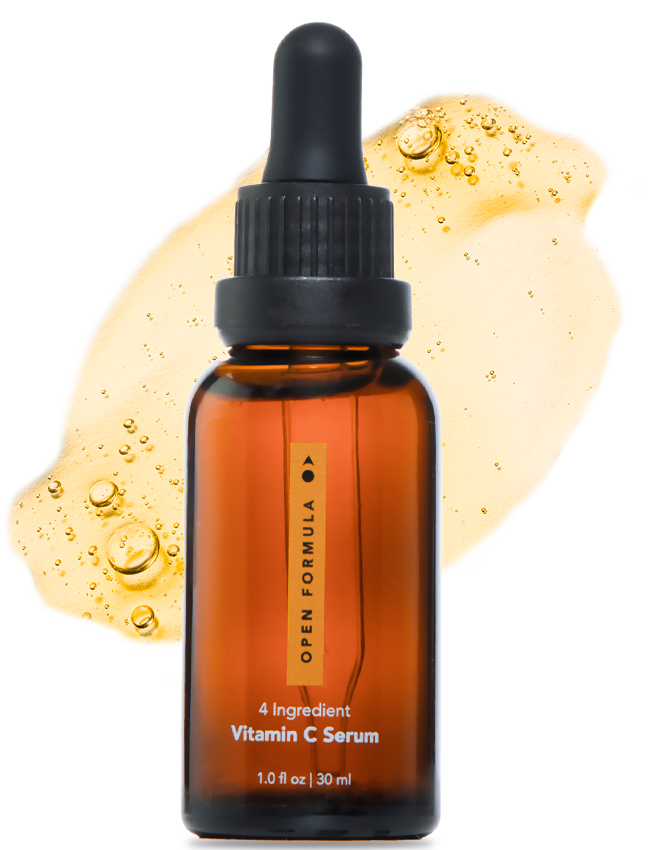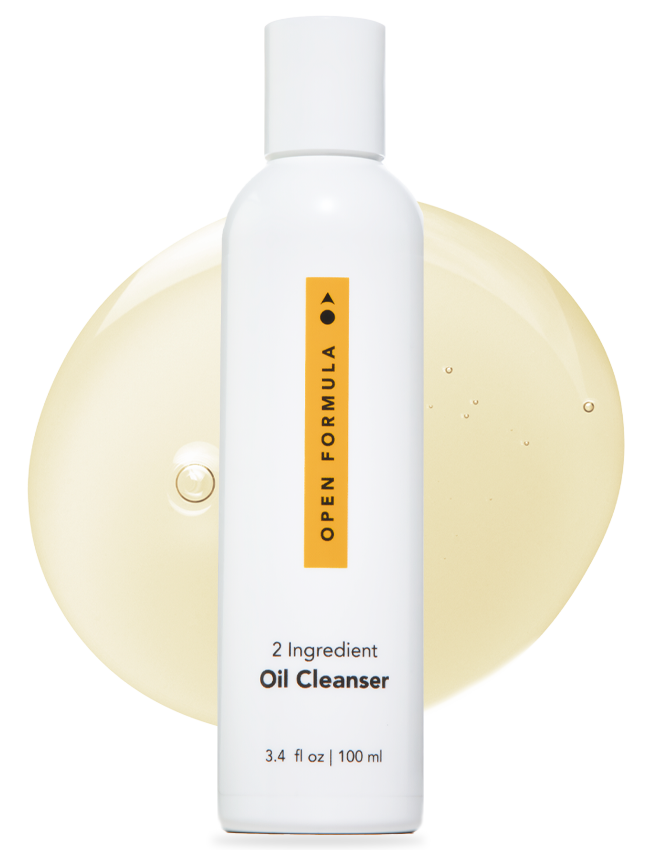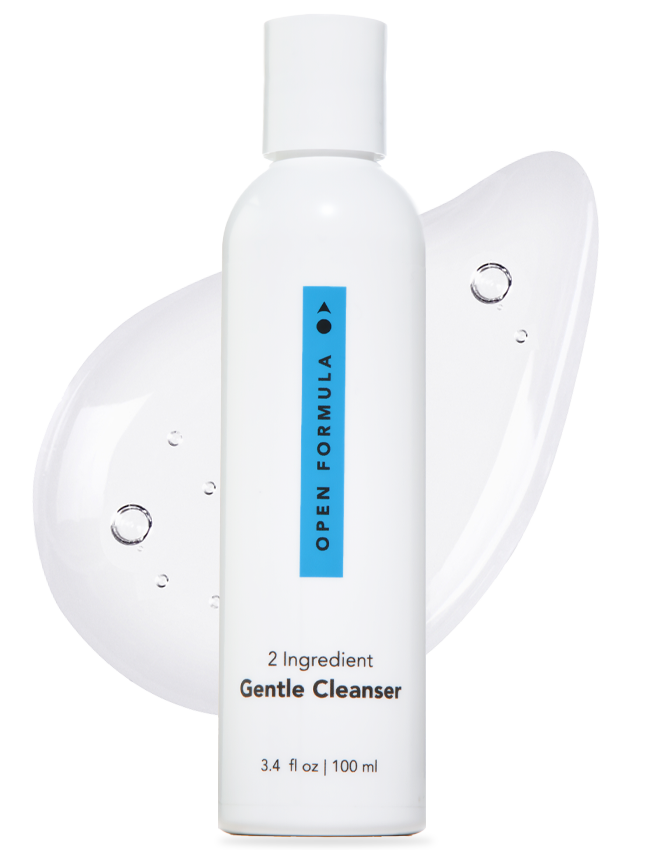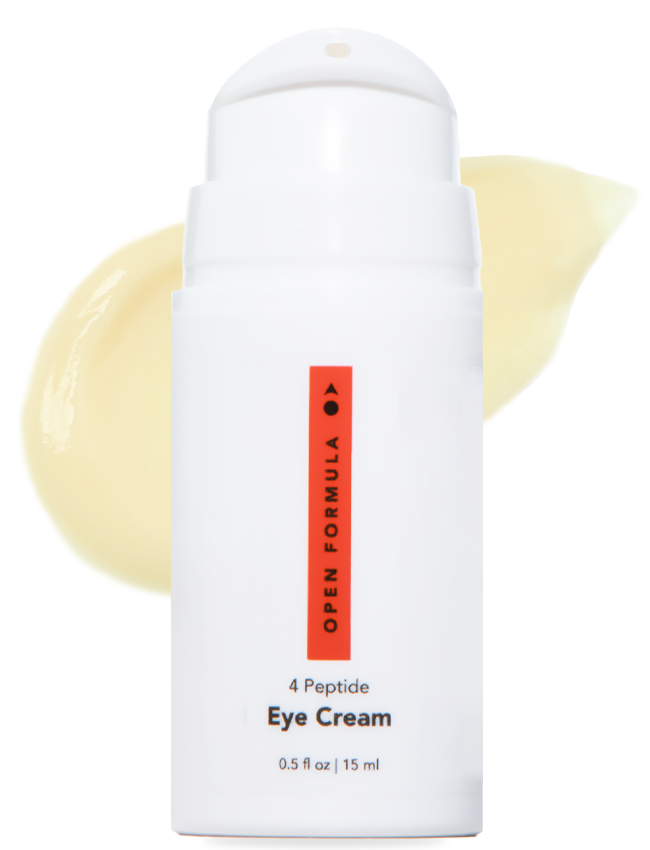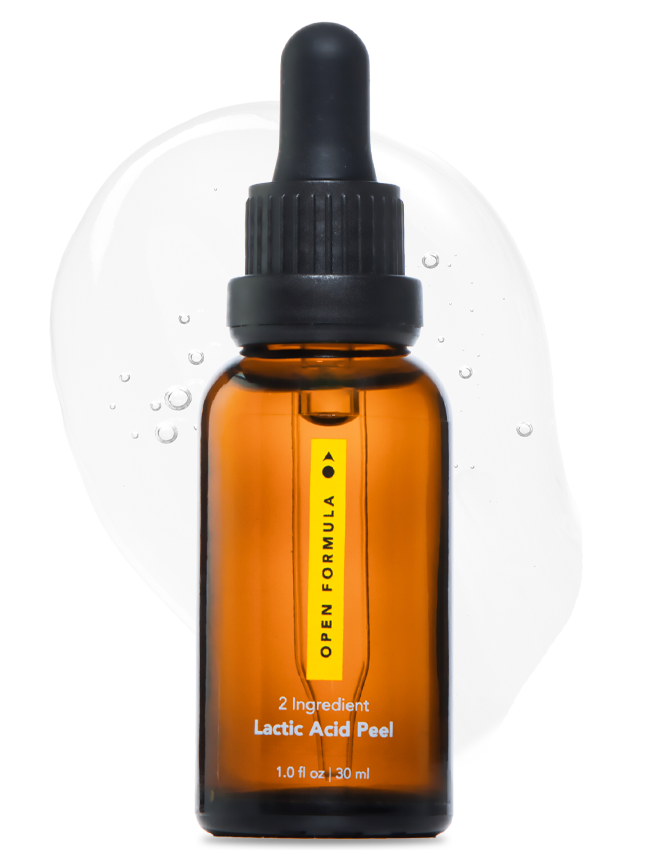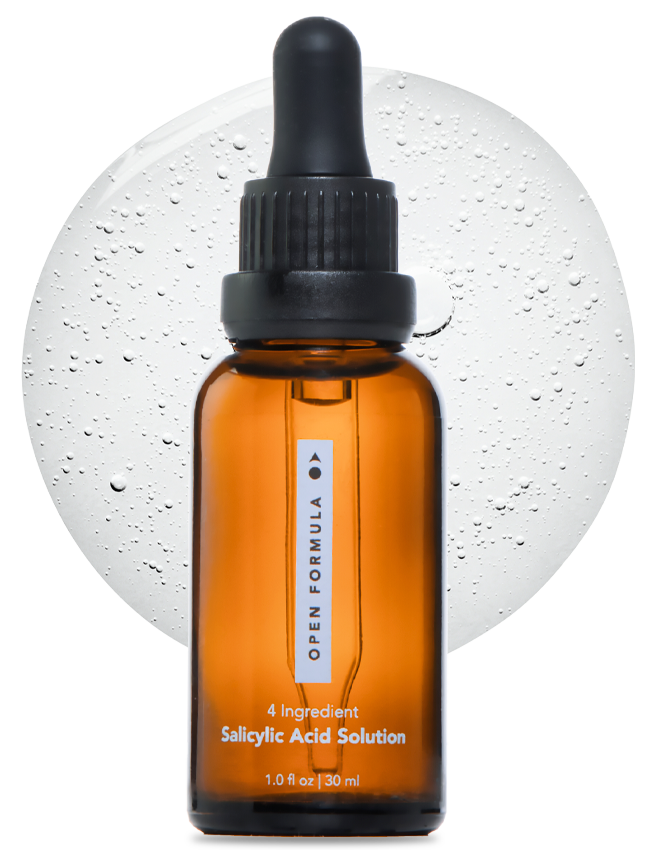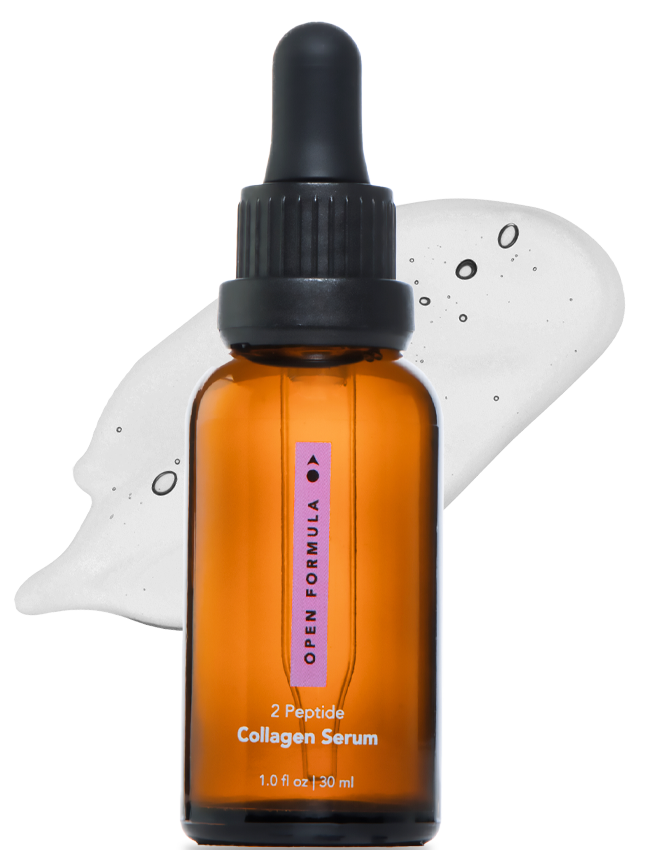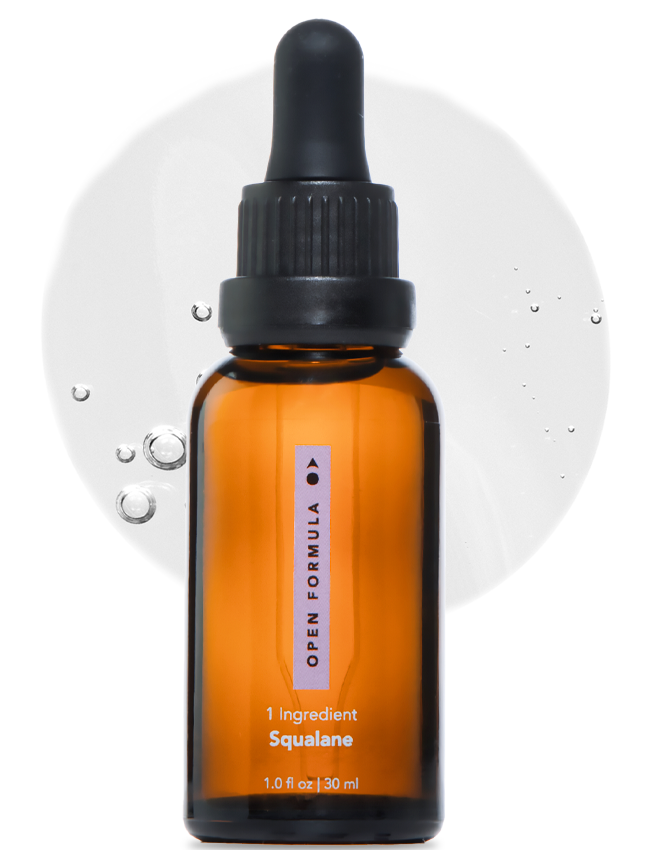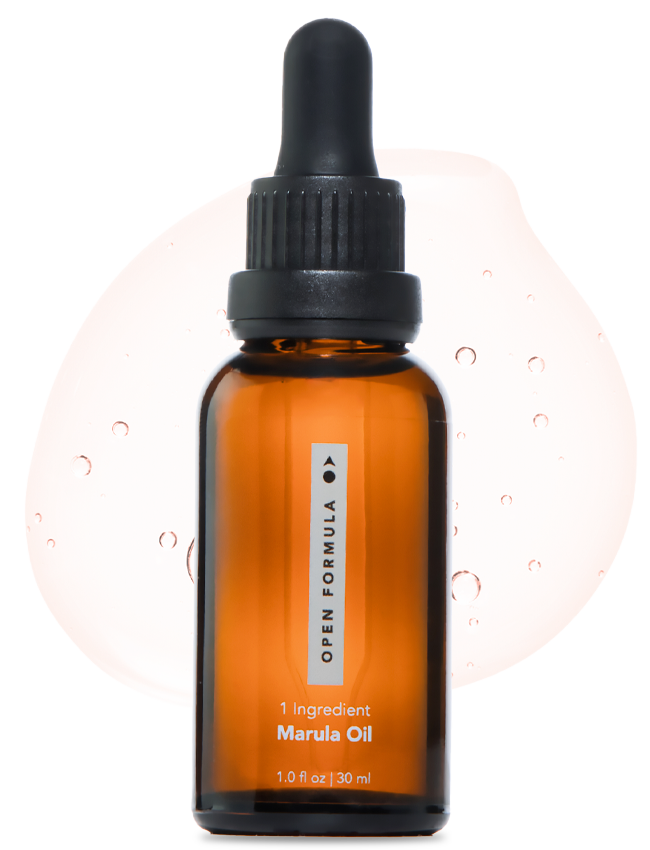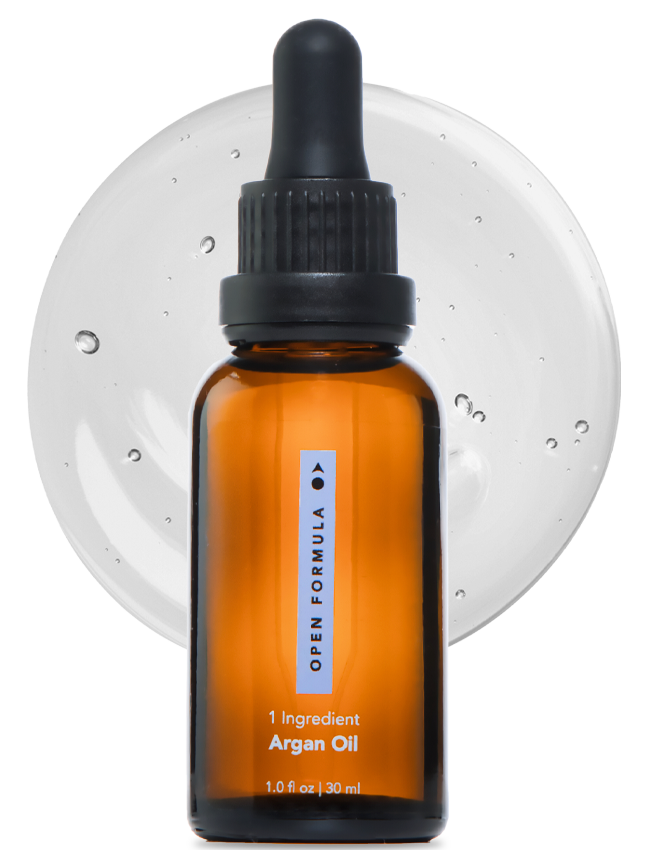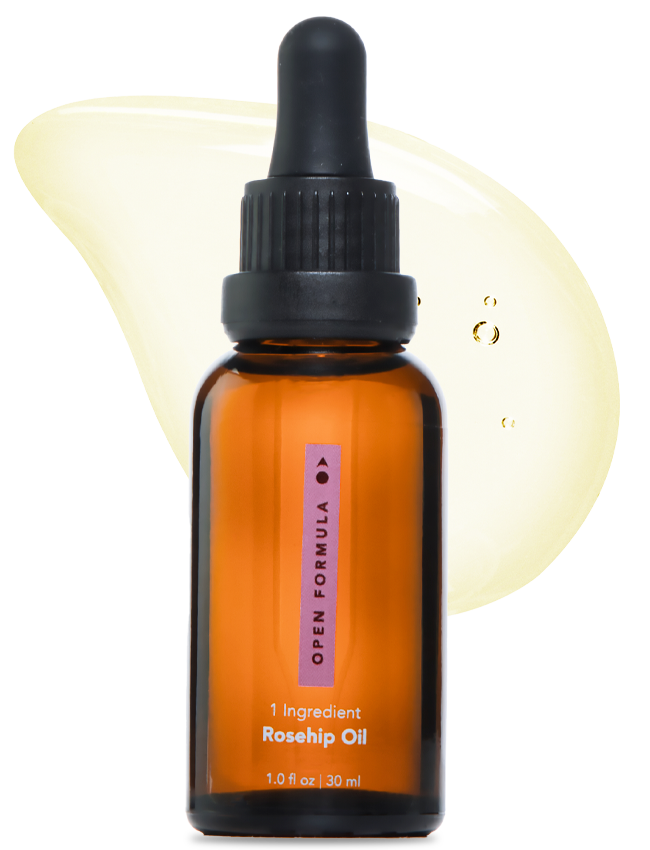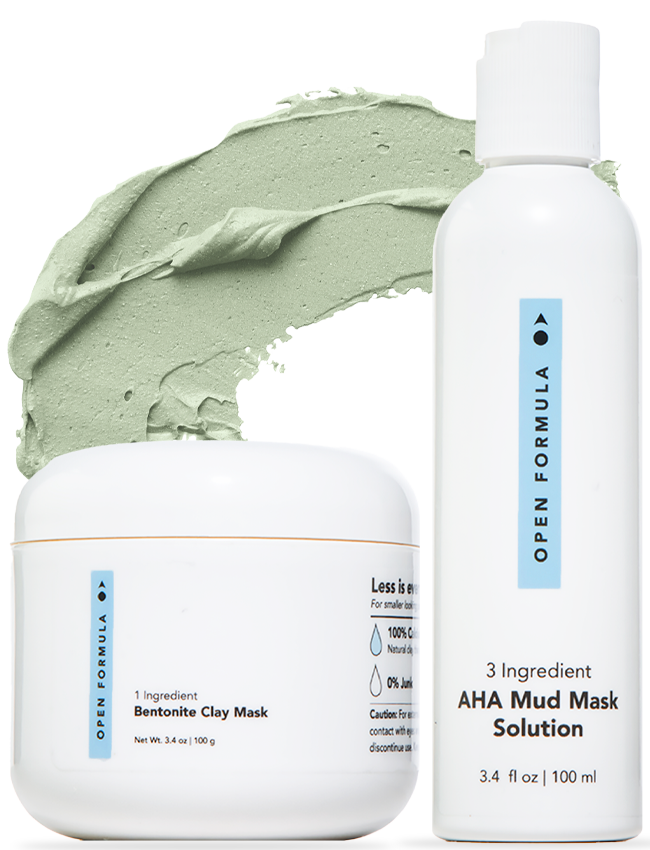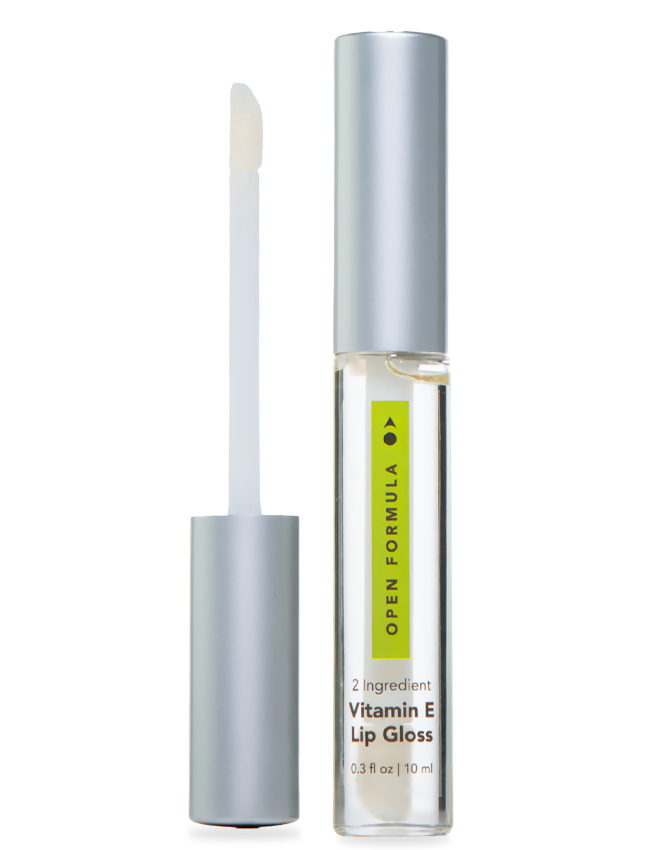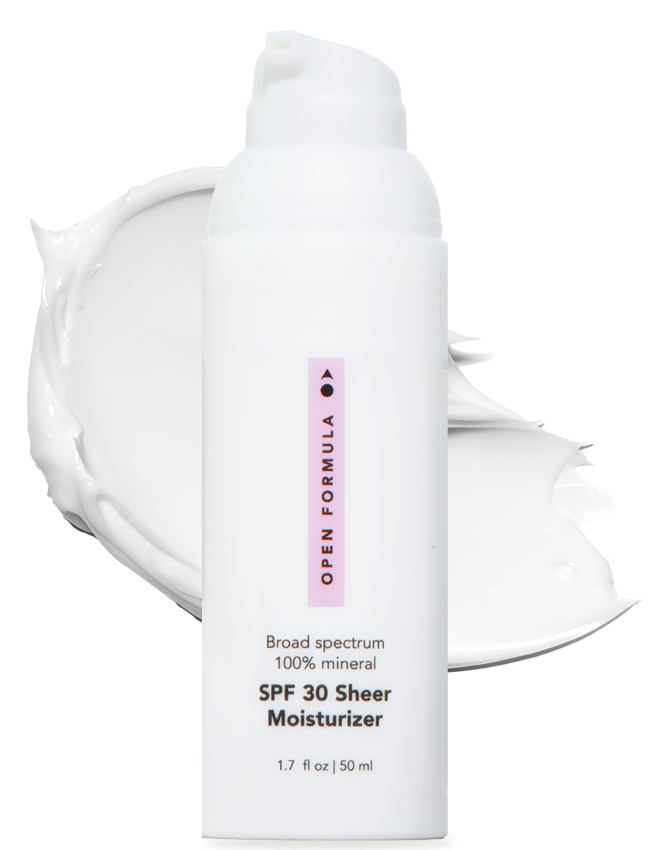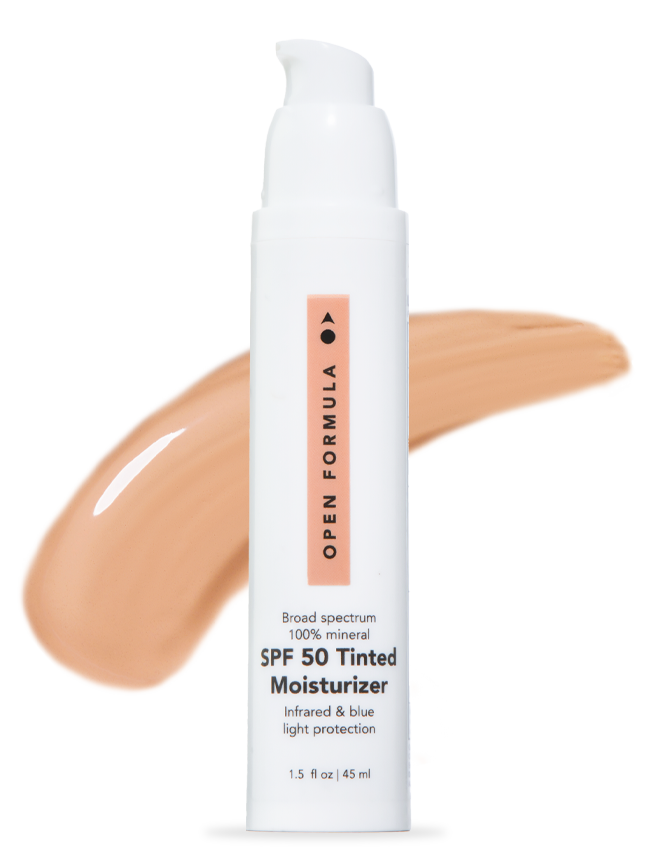Where isn’t hyaluronic acid today? It’s in cleansers, sheet masks, moisturizers, and serums. It’s definitely a skincare A-Lister ingredient. But let’s look beyond its popularity. Even though much of the world is putting this ingredient to work in their routine, should you use hyaluronic serum on your face?
Why Is Hyaluronic Acid So Popular in the First Place?
Hyaluronic acid is naturally found within our bodies. It's a crucial part of some of the structures that keep the skin looking supple and healthy. As we age, the levels of hyaluronic acid in our skin decrease. Our skin finds it harder to retain moisture. Luckily, hyaluronic acid is an ingredient that we can put on the skin and still have those same similar moisturizing effects, more or less!
Humectant Quality
Hyaluronic acid is incredibly popular because it's a “humectant”, meaning it pulls moisture from the air back towards the skin. This important moisturizing function does more than just stop the skin from being dry. Hyaluronic acid has also been found to speed up skin healing processes, meaning it’s ideal for acne scars. At the same time, its anti-inflammatory properties make it an attractive candidate for redness and irritation relief.
Hyaluronic acid helps the moisture barrier, or top layer of skin, absorb water.
Humectants and other moisturizers are crucial for helping maintain healthy skin. It's no wonder that it’s a mega talked-about ingredient that ends up in almost every type of skin care product out there. Hyaluronic acid uses its humectant power to attract water to the skin's surface. The water it's attracting is from both the environment and from water resting beneath the skin surface (the dermis).
How Hyaluronic Acid Moisturizes Instead of Drying Out Skin
If you’re thinking, "Pulling water from the deeper layers of the skin to the top...Wouldn’t that dry out skin?" No. The dermis is rich in collagen tissue (crucial for healthy skin!). But more importantly, it’s where most of the blood vessels in our skin are. These blood vessels circulate nutrients and water back to the dermis, where it can be used by hyaluronic acid to transport to the surface.
It’s definitely an impressive ingredient. But could such a popular ingredient actually be damaging to the skin?
What’s the Problem with Hyaluronic Acid?
Recently, it was suggested that hyaluronic acid can contribute to inflammation. Hyaluronic acid comes in different sizes (aka molecular weights) - high, low, and nano. Usually, you won’t know which kind is in your skincare products.
High molecular weight hyaluronic acid tends to have the most anti-inflammatory effects, while the smaller sizes can potentially cause inflammation.
Should You Use Hyaluronic Serum on Your Face?
If properly formulated - absolutely!
When it comes to improving the skin, a 2014 study looked into using hyaluronic acid gel for eczema. After eight weeks, 92.3% of the participants' skin looked drastically better. Plus, these results were achieved with hyaluronic acid of a low molecular weight!
Note that this was a shorter study with a small group of test subjects, limiting the findings.
What’s the Bottom Line?
There is strong evidence to suggest hyaluronic acid is good for the skin, giving it that healthy, bouncy look, that hyaluronic acid is known for.
Not only that, but hyaluronic acid also holds the capacity to improve the appearance of wrinkles and overall skin elasticity! So make sure hyaluronic acid is part of your skincare routine.







